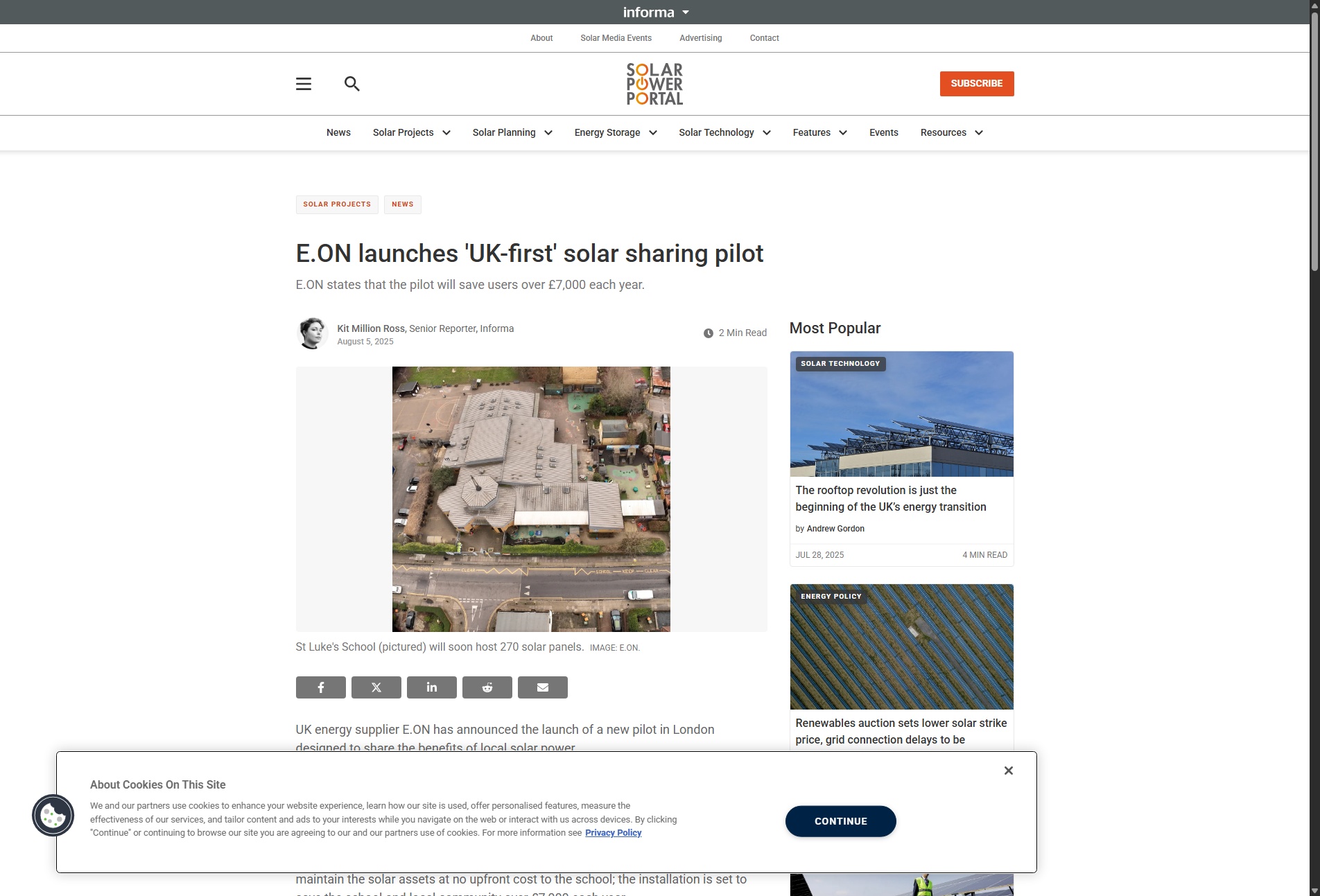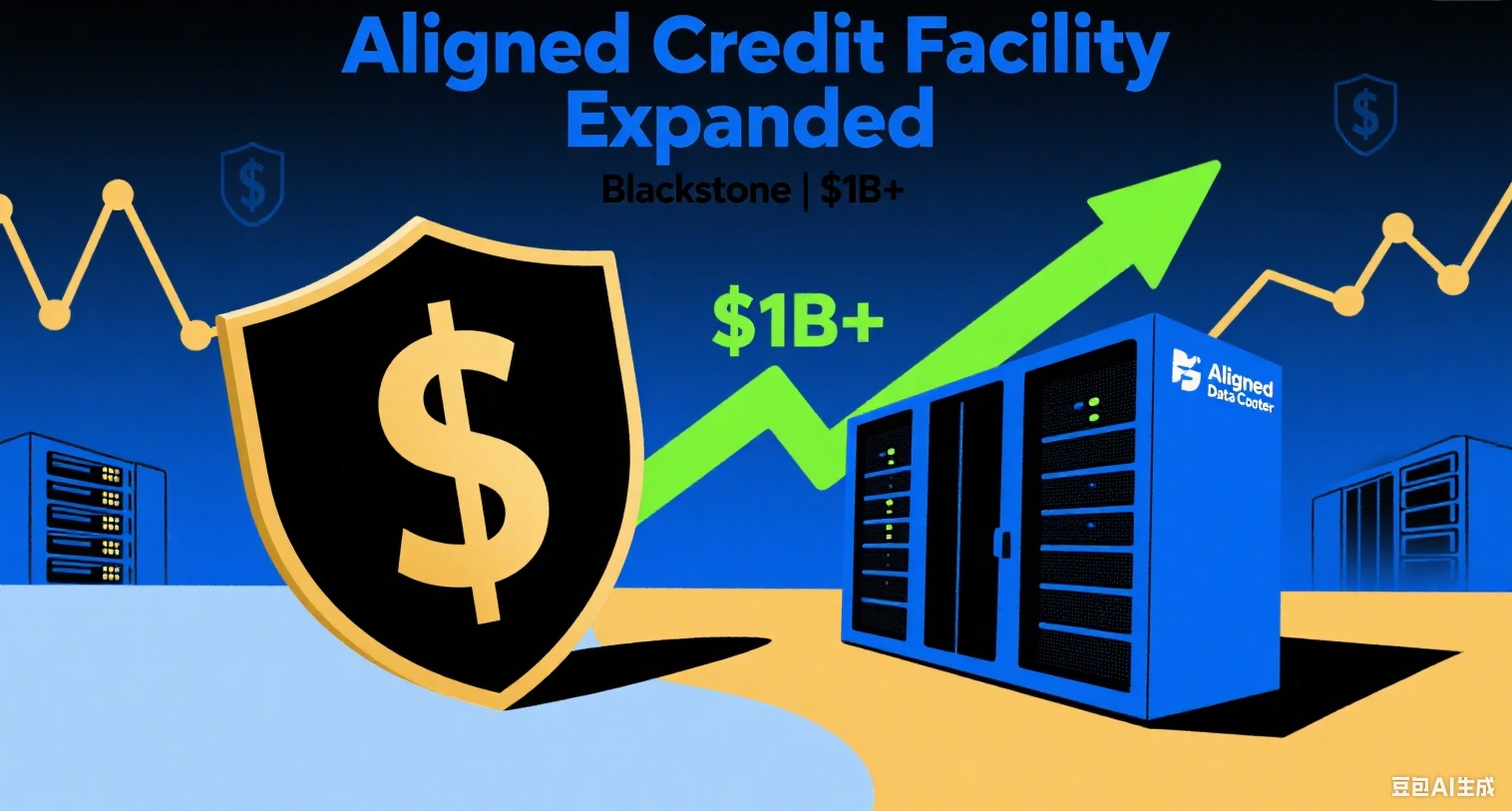E.ON states that the pilot will save users over £7,000 each year.
UK energy supplier E.ON has announced the launch of a new pilot in London designed to share the benefits of local solar power.
A new solar installation, comprising of 270 solar PV panels and capable of generating around 100MWh each year, will be installed at St Luke’s Church of England Voluntary Aided (CEVA) in Canning Town, East London. The school, which educates over 200 students, will benefit from the solar energy generated onsite, which is approximately 50% of the school’s annual energy needs. E.ON will fund, install and maintain the solar assets at no upfront cost to the school; the installation is set to save the school and local community over £7,000 each year.
Uniquely, any excess solar energy generated on the site will be allotted to nearby homes at a discounted rate. Rather than installing a physical power connection, half-hourly metering data will match consumption and production, applying a credit towards customer bills for the solar energy they use.
Ramona Vlasiu, chief operating officer at E.ON Next, stated that the pilot: “aims to prove the concept that sharing energy brings cost and environmental benefits, but we need to change the rules to jump start the expansion of projects like this to communities nationwide”.
E.ON is also calling for broader policy changes surrounding energy pricing in the UK. The utility notes that environmental levies applied to both fossil fuel powered and green energy are driving up the cost of greener energy usage and preventing communities from switching to cleaner energy.
E.ON argues that social and environmental levies should be removed for projects that keep energy in the local area in order to support investment in these projects, as power remaining in the local network naturally lowers the cost of transmission. Debates about the sharing of costs have recently been a hot topic in the UK, as energy regulator Ofgem recently launched a call for evidence into proposals to reform the way in which energy network costs are shared.
Vlasiu added: “The energy transition is about making energy more affordable and sustainable, and through our commitment to leading the transition to new energy in a way that works for everyone, we’re proving community projects can reduce costs for many people, as well as cut carbon and increase the UK’s energy resilience.”
The Right Reverend Roger Morris, the Bishop of Colchester and chair of the diocese of Chelmsford’s Diocesan Board of Education, added: “By loading additional costs onto the cost of electricity, we have sadly made the fuel of the future more expensive than its fossil fuel alternatives. This project is a reminder of the sheer abundance of solar energy and the relatively low cost involved in harnessing that energy for our use.”








